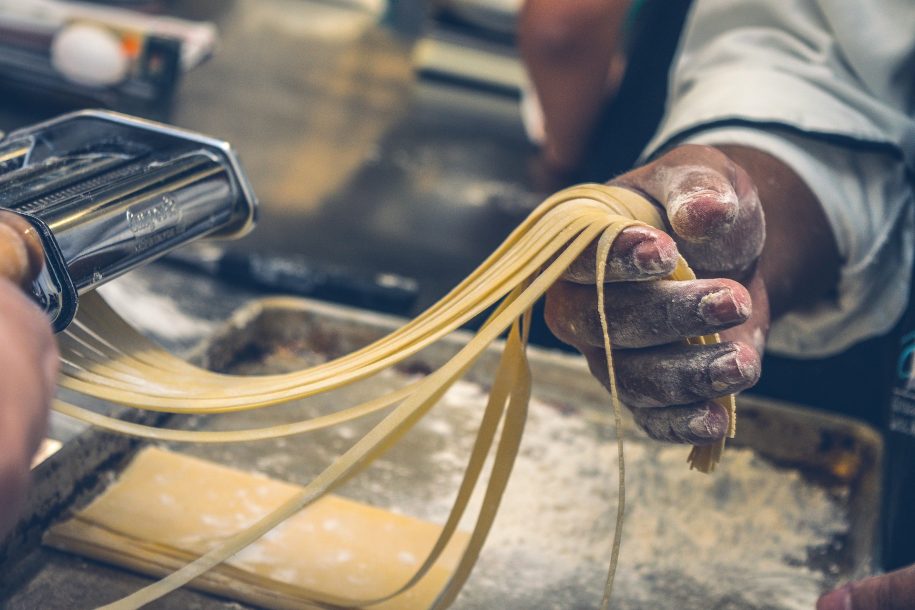 To the delight of our taste buds, flavors and gourmet creations are part of our daily lives, but from a legal perspective, the situation is more delicate and the flavor more bitter. Indeed, there is a consensus on the need to protect culinary creations but intellectual property law currently offers only peripheral protection.
To the delight of our taste buds, flavors and gourmet creations are part of our daily lives, but from a legal perspective, the situation is more delicate and the flavor more bitter. Indeed, there is a consensus on the need to protect culinary creations but intellectual property law currently offers only peripheral protection.
Cooking recipes can be protected by author rights, the aesthetics or visual appearance of the creation is covered by designs, innovative techniques used in the creation may give rise to patent protection and the name can be registered as a trademark. None of these solutions protect the actual creations themselves. In addition, certain conditions must be met, which may not reflect practice. Under these circumstances, the most appropriate solution is usually author rights protection, which is intended to protect an original creation regardless of its form of expression (Article L. 112-1 of the French Intellectual Property Code). Nevertheless, the Court of justice of the European Union (ECJ, 13 November 2018, “Levola”, C 310/17) has refused to protect flavors in this way. The French Cour de Cassation has adopted a similar position on fragrances (Cass. Com., 10 December 2013, n°19872). In short, when it comes to culinary creations, the law remains speechless.
In order to fill this legal void, several deputies have submitted to the National Assembly a bill about the protection of recipes and culinary creations, on April 30, 2019.
The main purpose of the text is to clarify the situation of traditional recipes on one hand and culinary creations on the other hand.
Thus, the creation of a new institution, the “Fondation pour la gastronomie française”, is envisaged. This private non-profit legal entity would be in charge of listing and protecting traditional recipes in order to identify restaurateurs who respect them. The aim is to promote the knowledge, conservation and enhancement of French gastronomy as well as reassuring consumers.
Moreover, the bill provides for the creation of a public institution, the “Institut national de la création culinaire certifiée” (INCC), to ensure the protection of culinary creations. The INCC would issue a new industrial property title, the certificate of culinary creation, to provide protection for a period of 20 years. A hybrid between author rights and industrial property rights, this title includes economic rights as well as three moral rights (right of disclosure, right to the name, right to respect for culinary creation).
The conditions for granting such a certificate are:
- the creation must be new with respect to the state of the culinary art;
- the existence of a creative activity, not resulting in an obvious way from the state of the art for a skilled person;
- an own gustatory character.
The bill excludes from protection a number of productions such as creations involving elements of the human body, narcotics or creations violating public order. The text also provides a specific regime for employees’ creations, close to the one existing in author rights, as well as an opposition procedure lasting two months from the publication of the application for the grant of a culinary creation certificate. Unsurprisingly, any infringement to this new property right would constitute an act of counterfeiting.
This bill, being a combination of trademark law and author rights, is not convincing. The Chefs themselves do not appear to be asking for such protection and the measure will probably mainly benefit the food industries. The bill has now been referred to the Committee on Cultural Affairs and Education. This is a case to follow.
IPzen can help you manage your trademarks and support you in protection of your IP rights thanks to its simple and intuitive platform! It offers full access to all your entire trademark portfolio. In addition, you can instantly follow the progress of trademark proceedings and their status (oppositions, disputes)
Request your free demo by email at : contact@ipzen.local


